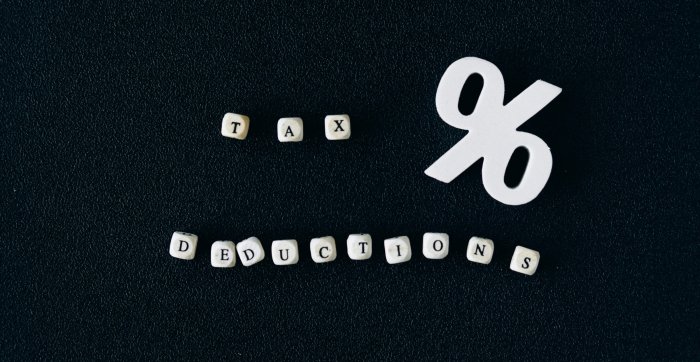
Cryptocurrency has revolutionised the investment landscape, and it’s crucial to understand the tax implications associated with crypto transactions.
The ATO has been keeping a close eye on the taxation of cryptocurrency gains, aiming to ensure that taxpayers fulfil their tax obligations accurately. In this blog, we’ll shed light on the key aspects of cryptocurrency tax and help you confidently navigate this complex landscape.
When crypto is taxable
In most cases, when crypto is used as an investment, it is treated as a capital gains tax (CGT) asset. This means that transactions involving the disposal, exchange, or swap of crypto assets trigger a CGT event. You may incur capital gains or capital losses, with the latter able to offset any capital gains made. However, net capital losses cannot be deducted from your other income. If you hold your crypto asset for at least 12 months, you may be eligible for the CGT discount to reduce your capital gains tax liability.
CGT events for crypto assets can occur when you:
- Sell a crypto asset
- Gift a crypto asset
- Trade, exchange, or swap one crypto asset for another
- Convert a crypto asset to Australian or foreign currency
- Purchase goods or services with a crypto asset
- Transfer between crypto wallets
Before calculating CGT, ensure you have accurate records of your crypto assets and transactions, converting their values into Australian dollars. Remember that each crypto asset is treated as a separate CGT asset.
When crypto is non-taxable
Non-Taxable Crypto Transactions: Certain crypto assets fall under the category of personal use assets, which are generally non-taxable. This applies when you primarily acquire and use the crypto asset for personal purposes. For instance, using crypto to purchase items for personal use or consumption qualifies as personal use of the asset.
The determination of a personal use asset is based on the timing and extent of its usage:
- If you acquire and use a crypto asset within a short period to buy personal use items, it is likely a personal use asset.
- If you acquire and hold a crypto asset for an extended period before using it, or only use a small portion for personal purposes, it is less likely to be classified as a personal use asset.
When a crypto asset qualifies as a personal use asset, any capital gains from its disposal are disregarded if:
- The asset was acquired for less than $10,000.
However, if the personal use asset was acquired for more than $10,000, the capital gain is not disregarded.
Report your cryptocurrency gains
Understanding the tax treatment of crypto transactions is vital to ensure compliance with ATO regulations. By differentiating between taxable and non-taxable crypto transactions, you can accurately calculate and report your capital gains tax.
As an investor, if you engage in activities such as buying, selling, swapping for fiat currency, or exchanging one cryptocurrency for another, those transactions are subject to capital gains tax (CGT) and must be reported accordingly. It’s worth noting that CGT also applies to the disposal of non-fungible tokens (NFTs).
To ensure compliance with tax regulations, it is crucial that you maintain thorough and accurate records of all your cryptocurrency exchanges and transactions. The ATO has access to data from both cryptocurrency platforms and banks, enabling them to conduct data matching exercises to verify that tax is appropriately paid on all cryptocurrency gains.
Contact KMT tax experts if you need assistance with your tax!
This is general advice only and does not take into account your financial circumstances, needs and objectives. Before making any decision based on this document, you should assess your own circumstances or seek tax advice from a qualified accountant at KMT Partners. Information is current at the date of issue and may change.


